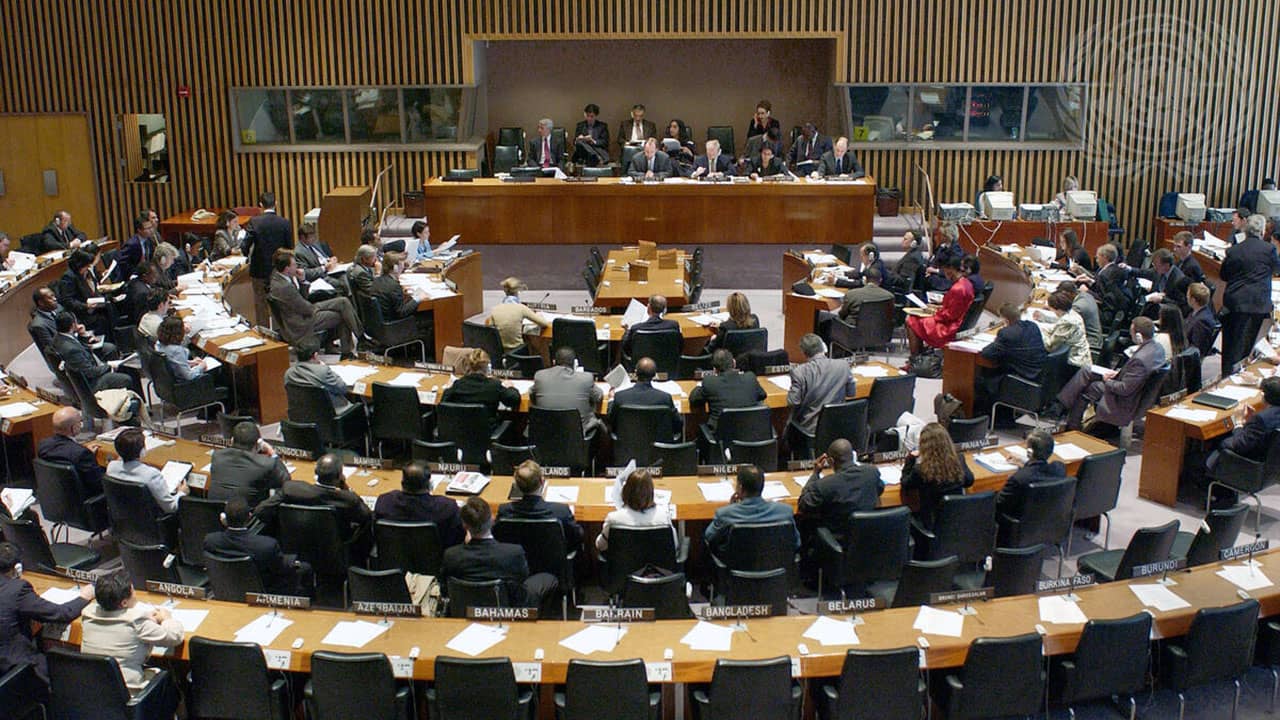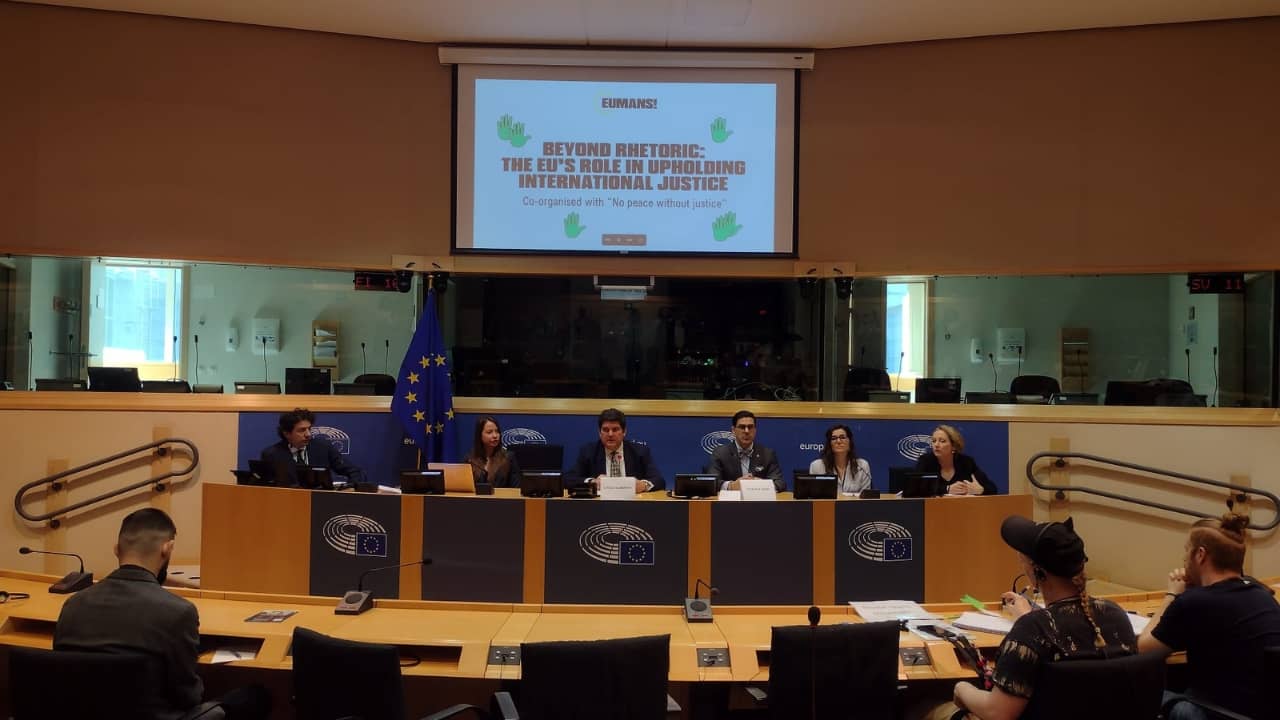
On 16 November 2016, PGA organized a Side Event, hosted by Estonia and Luxembourg, during the Fifteenth session of the Assembly of State Parties of the Rome Statute of the International Criminal Court in The Hague, on “Challenges for the Universality and threats for the integrity of the Rome Statute system: the Role of Parliamentarians.”
Background and Context
The Assembly of States Parties is the management oversight and legislative body of the International Criminal Court. It is composed of representatives of the States that have ratified and acceded to the Rome Statute.
Achieving the universal ratification and full implementation of the Rome Statute of the International Criminal Court is pivotal in reaching the goal of putting an end to impunity for the most serious crimes to international concern. In accordance with the principle of complementarity, it is the primary responsibility of national jurisdictions to prosecute the most serious crimes, which requires that appropriate measures established in the Rome Statute, including on international cooperation, to be adopted at the national level.
This may entail a long and complicated process of decision-making, which implies overcoming obstacles at both political and legal level. In this regard, Parliamentarians have already played a crucial role in the advancement of universality and implementation of the Rome Statute system. Nevertheless, in light of the recent criticisms the ICC has been facing and the risks for its integrity and legitimacy, the role of the Parliamentarians has become even more prevalent.




